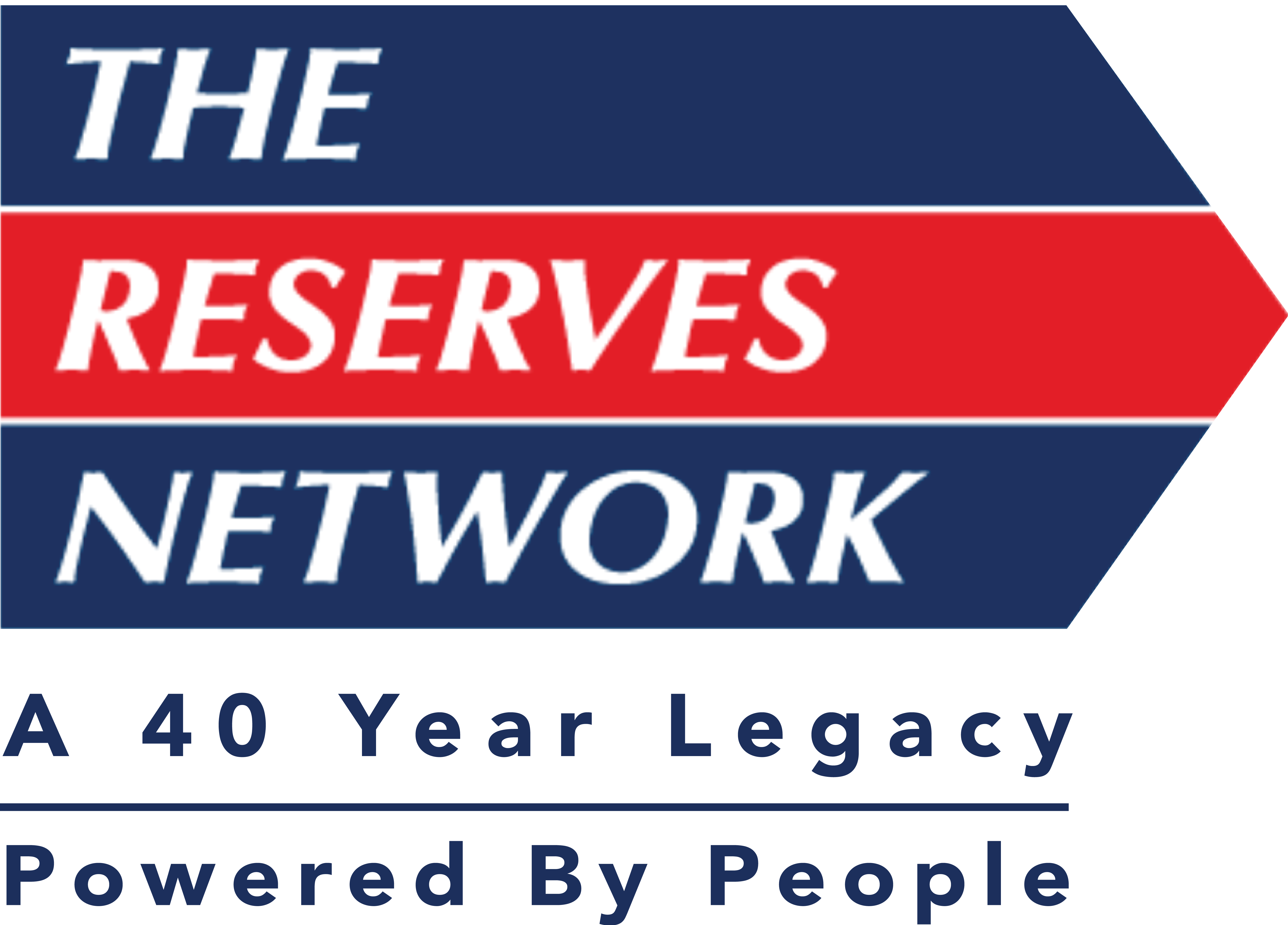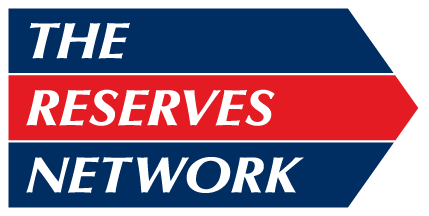How to Manage Employee Conflict in the Office
If all of your employees get along with each other every day, you live in an ideal world. However, such a utopia only exists in dreams. Conflict is inevitable in the office and everyone will experience it in some shape or form. However, even though conflict is common and employees can often work through it themselves, it shouldn’t be ignored. Unresolved conflict can fester and spread, leading to negative attitudes, lowered morale and decreased productivity. Here are strategies you can use to manage employee conflict in your office.
Get All Sides of the Story
There are three sides to every story. Don’t take one employee’s assessment at face value. Talk to all parties involved and try to gather third-party input if possible. Before stepping in, make sure that you have an objective understanding of exactly what is happening.
Help Employees Help Themselves
The best resolution to any conflict is one that is reached by the parties involved. Management involvement can complicate the situation, cause hurt feelings and even lead to resentment. Gather the conflicting parties together and try to get them to open a respectful dialogue in which they can begin to work towards a resolution without your input.
You are there to set the ground rules and ensure those rules are adhered to. Each person speaks and each person listens—no one says anything until the other person is finished. Language should always be respectful and each person should make a genuine effort to see the other person’s perspective. If someone begins to push the boundaries, remind them of the rules and then refocus the conversation on the issue at hand.
Focus on the Conflict Only
If the parties cannot work out a resolution on their own and you have to step in, keep the focus on the problem only. Don’t fall into the trap of dragging someone’s personality flaws into the conversation. This can be a challenge if the conflict involves a difficult person or someone with a highly negative personality. Don’t let personal feelings creep into the process or the situation could escalate quickly, with you smack in the middle.
Know When HR Should Be Involved
Sometimes, conflicts require HR involvement. Reach out to human resources if:
-
- Someone is making accusations of harassment, threats, or verbal or physical abuse.
- The disagreement has escalated beyond work and the parties are now making personal attacks.
- One of the conflicting parties is threatening to quit or legal action.
- Other members of your team are complaining that the conflict is impacting their work.
What to Do When Conflict Results in Losing an Employee
Sometimes, despite your best efforts, conflicts will not be resolved and someone will end up quitting or being let go. If that happens and you need talented people for your team, contact the staffing experts at The Reserves Network today.



